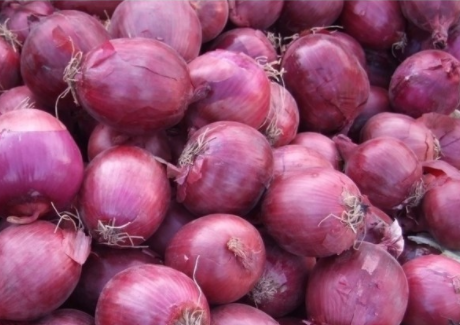6月7日,德国联邦风险评估所(BFR)警示消费者关注杏仁(apricot kernel)食品的潜在毒性,尤其是不要从互联网上购买。苦杏仁如今在欧盟已成为一种比较受欢迎的食品,而且许多厂家还称其是可以抗癌的健康食品。根据BfR的评估报告,这些说法是不正确的,误导了消费者。苦杏仁含有高含量的苦杏仁苷(amygdalin),苦杏仁苷在人体内消化时会释放出有毒物质—氢氰酸(Hydrocyanic acid),导致人体出现抽筋、呕吐等中毒症状甚至死亡。建议消费者少食甚至不食苦杏仁。美国曾禁止过一些标签不规则的苦杏仁产品,英国于去年开始关注,目前正在讨论制定相关规则。
Germany issues warning on Internet apricot kernels
8/6/2007 - The German Federal Institute for Risk Assessment (BfR) yesterday warned consumers about buying potentially poisonous apricot kernel snacks over the internet.
Bitter apricot kernels have become popular throughout the EU as a snack. Regulators have been concerned about the way companies have been promoting the kernels as a health food.
Several websites have claimed that amygdalin fights cancer cells. According to the BfR report, these health claims are unsubstantiated, and could "irresponsibly" encourage ill people to buy them.
Bitter apricot kernels have a high level of amygdalin. Hydrocyanic acid, which is toxic, is released from the glycoside amygdalin during digestion. This acid can lead to symptoms of poisoning like cramp, vomiting and respiratory distress, and may even provoke fatal respiratory paralysis at high doses.
The BfR scientific report said that eating more than only a few kernels per day can lead to the onset of these acute poisoning symptoms.
"Consumers should not, therefore, eat more than one or two bitter apricot kernels a day, or even none at all for precautionary reasons," the BfR advises.
It recommends that at the very least all customers should be made aware of the possible side-effects when they buy the product.
"At all events, consumers should be informed about the dangers of poisoning through warnings on the packaging", said Andreas Hensel, BfR's president.
The BfR is particularly concerned about the irregularity in the way the product is being packaged and sold over the internet. It is difficult for official food control authorities to control this distribution channel. The packs on sale differ in size and only some carry information about health risks, the report states.
Apricot kernels have caused concern for food agencies in the past, and several US food control authorities have banned the sale of inadequately labelled products.
In the UK, the Food Standard Agency expressed concern in April 2006 that when ingested, bitter apricot kernels can produce cyanide, and measures to regulate the direct consumption of bitter apricot kernels are currently being discussed on the European level.








